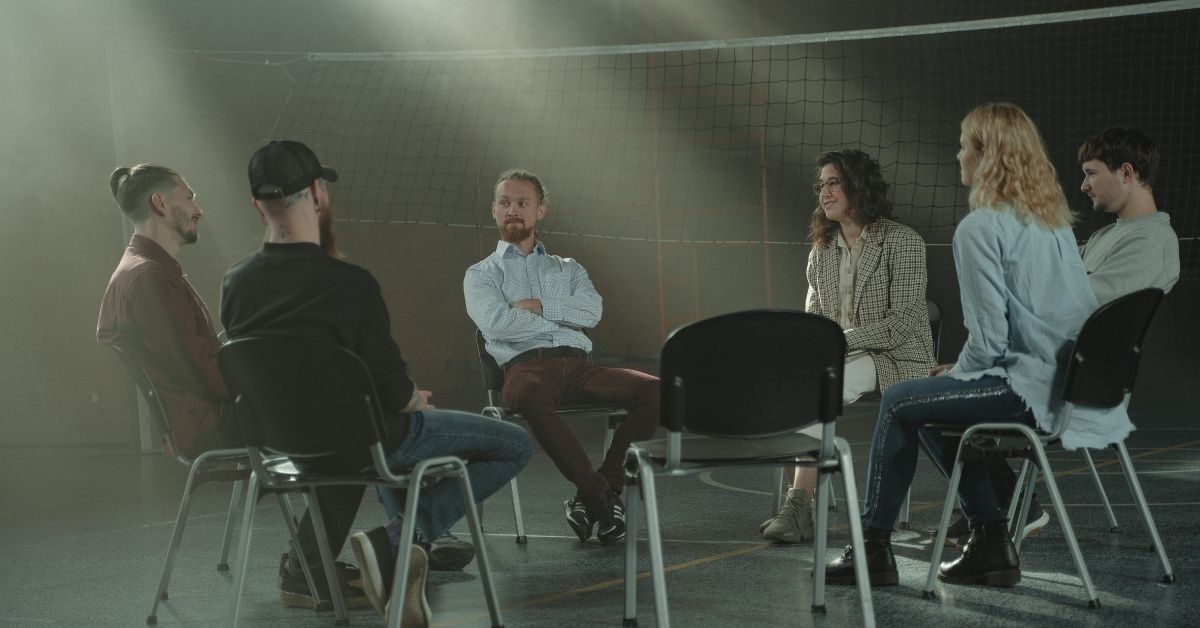
Addiction is a complicated disorder, and treating addiction is arguably even more complicated. Many things contribute to what gets someone addicted to something, and everyone experiences the effects of addiction differently. That’s why there is no universal cure for addiction. It is unlikely that we will ever have a universal cure, but that doesn’t mean that addiction treatment and therapy won’t evolve over time.
Challenges
The biggest challenge in preventing relapse has been making sure that a patient can get the treatment they need when they need it. This is why one of the biggest developments in addiction treatment has been providing around-the-clock council and help for those that need it, though this hasn’t been thoroughly implemented. Another issue is spreading awareness for the support that is already available. A mere ten percent of patients that are struggling with addiction seek treatment, and there are so many people that are unaware of how much support is available to them, both online and in support groups.
Technological breakthroughs
New technologies are under development to help people struggling with opioids overcome their addiction. Recent breakthroughs in vaccine medication have allowed scientists to begin creating vaccines that will block the high produced by a specific drug. The vaccines that are currently under development include cocaine and heroin and will be available in the near future. The medication can’t rid you of addiction immediately, but it would be a major breakthrough in addiction therapy. On top of that, thanks to the internet and the growing support for addiction networks like Alcoholics Anonymous, more around-the-clock services provide support to recovering substance abusers.
Co-conditions
One thing many people struggling with addiction have in common is they are also dealing with mental illnesses like anxiety and depression. It is not uncommon for these problems to be pushed to the side in order to deal with the addiction first, but this is rarely successful. Thankfully acceptance for mental illness and substance abuse disorder has gained traction, which has allowed for more people to be able to get the treatment they need for both their physical addiction and for their mental health. In order to provide sufficient treatment to patients suffering from co-occurring disorders, the training and information provided to substance abuse counselors need to broaden.
American Treatment Network
If you or someone you know is facing addiction and needs support, click here to learn more about our treatment programs. As a part of the Havertown community network, we are committed to providing integrated health care that meets the needs of the community and providing the follow-up support needed to battle opioid and alcohol addiction.


